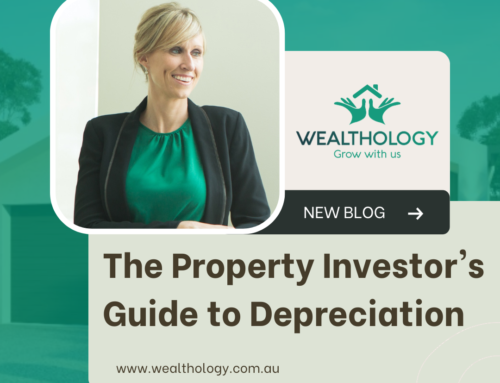
There has been a lot of hype and talk over the movie recently titled “The Big Short” which is based around a few guys “shorting” mortgage-backed securities based in the USA. The movie has caused quite a stir with a lot of viewers wondering whether the same thing could happen here in Australia.
So I thought I would cover off why this will NOT happen here in Australia and here are some reasons why it won’t:
Credit Policy
The Australian banks have an exceptionally strict lending criteria, much more so than the USA. This means that borrowers who are approved for loans can generally afford to service them and have a reasonable amount of equity in those properties.
Credit policy in Australia is much stricter than in the USA, which means borrowers can generally afford their loans. 🏡 📈
The Australian government has a strong role in regulating the banking system. Banks are required to follow strict regulations and must meet certain criteria in order to be eligible to operate under an Australian banking license. This means that Australian banks are much more secure than many of their American counterparts.
In contrast, banks in the USA at the time of the GFC were lending to people who hadn’t provided paperwork and couldn’t service their loan.
These were coined the nick name ‘NINJA’ loans. No Income No Job Applicants.
No Recourse Loans
In the USA they have the Non-Recourse loan. This is when if you default, you are able to hand the keys back to the bank and the bank cannot chase you for any losses.
For a while there, there was a lot of ‘jingle mail’ where people would literally send their keys back to the bank through the post.
If you default in Australia the bank will chase you for any excess money and take whatever assets you have. This means that we have fewer defaults in Australia.
Land Supply restriction
While Australia is a huge country, it is made up of mainly uninhabitable land. This creates a supply restriction to coastal and city areas.
Australia faces long-term challenges in delivering housing in greenfield areas as residential land suplly is likely to fall short of what is needed.
In some cities, in the coming years we will see periods where the selling capacity of land estates is insufficient to meet demand.
Across Sydney, Melbourne and Brisbane / SE Queensland, the stock of land which is currently zoned for residential purposes will fall far short of what is needed to satisfy long-term greenfield housing requirements.
In fact, in 2022 we had a serious land supply issue in Brisbane and only unregistered land was available. Unregistered residential land is land that is for sale where a certificate of title is not yet available. New home builders are unable to start construction on these sites until the land is registered and council has provided a building approval for the individual lot.
This differs from the USA where they have vast amounts of habitable land stretching from coast to coast.
Employment
Unemployment in Australia is very low. For the property market to drop in value there would need to be significant increases in unemployment across the capital cities.
In trend terms, in March 2023:
- unemployment rate remained at 3.5%.
- participation rate increased to 66.8%.
- employment increased to 13,883,100.
- employment to population ratio remained at 64.4%.
- underemployment rate increased to 6.1%.
- monthly hours worked increased to 1,910 million.
Full-time and part-time employment
In trend terms, in March 2023:
Full-time employment increased by 30,000 to 9,729,200 people, and part-time employment increased by 1,700 to 4,153,900 people.
Part-time share of employment was 29.9%.
Employment-to-population ratio
In trend terms, in March 2023, the employment-to-population ratio remained at 64.4%.
The employment-to-population ratio provides a measure of employment relative to the size of the population.
High unemployment leads to foreclosure, and when an area has too many foreclosed properties the market value declines.
Alternatively, when the unemployment rates improve, leading to fewer foreclosures, property values begin to go back up. We’re in a very strong position currently in Australia with such low employment figures.
If you’d like to discuss your property investment strategy reach out to leonie@wealthology.com.au





